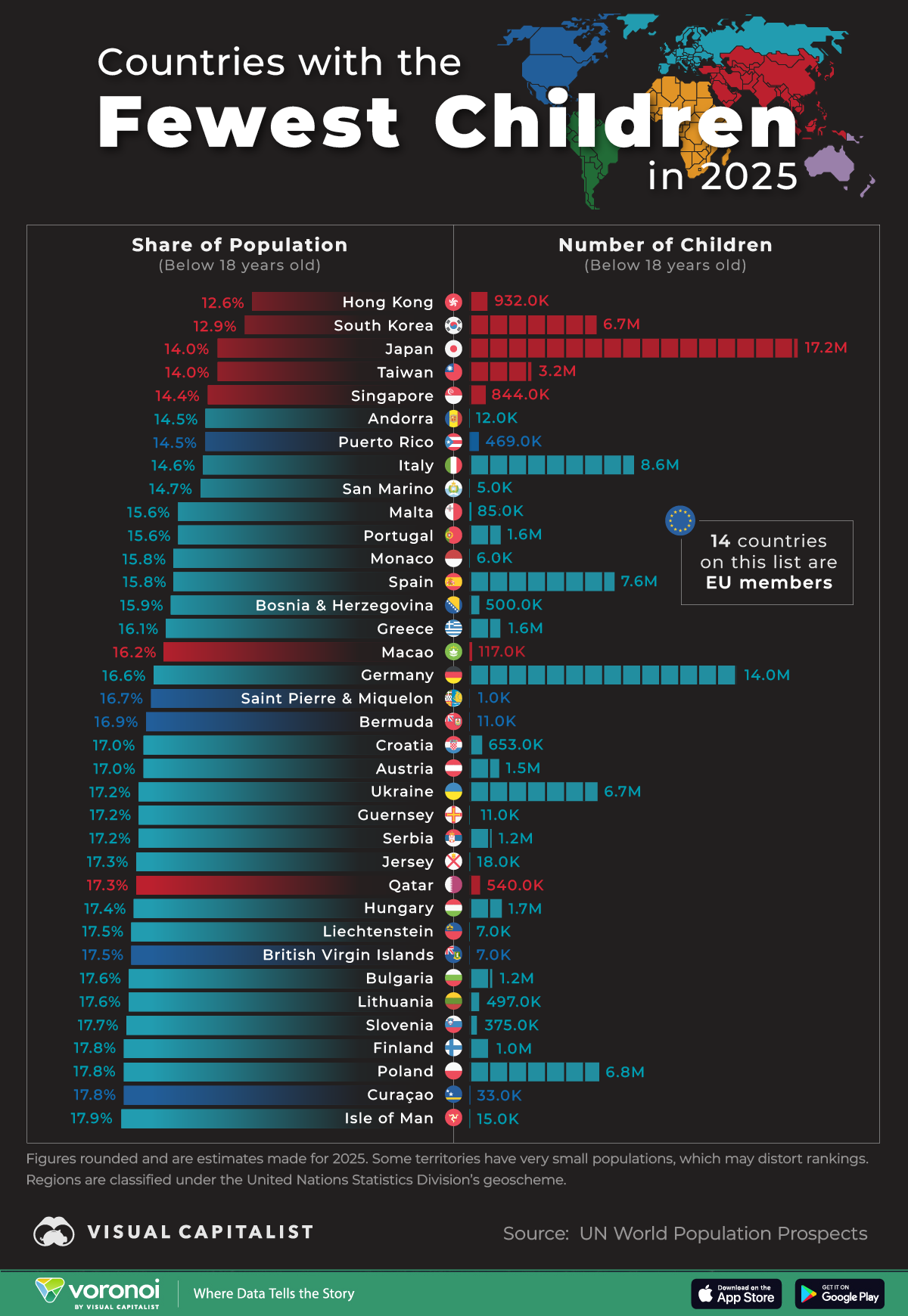
Human beings spend about 26 years of their life asleep, with the average person having between three to seven dreams each night. That means you spend a lot of your lifetime in dreamland. Maybe you're someone who has recurring nightmares about losing a loved one, or maybe you often have nostalgic dreams about your childhood home. But, have you ever had a vivid dream about an incident that ended up turning into reality? If so, you may be among the 17 to 38 percent of people who have experienced a psychological phenomenon known as precognitive dreaming.
What is precognitive dreaming, exactly? "A precognitive dream is simply a dream that seems to portray an event that occurs later on in waking life," says Carlyle Smith, PhD, a professor emeritus of psychology at Trent University. Unlike an ordinary dream, a precognitive one is more precise and has fewer fictitious elements. These types of dreams are also usually a bit shorter than non-precognitive ones, and they can be about yourself or someone in your life, according to Smith.
Although this phenomenon has been widely discussed and recorded in various cultures across the world for centuries, there is very little accepted scientific evidence of precognitive dreaming, largely because many experts today consider it to be pseudoscience. But while some scientists are skeptical, more than half of the general population believes in this concept, with many people believing they've had this experience at least "once or twice in their life," explains Smith.
In fact, the most common type of reported precognitive dreams is about a person's own health, says Leslie Ellis, PhD, a registered clinical counselor specializing in dreamwork and the author of A Clinician's Guide to Dream Therapy. "I know people who dreamed they were pregnant and found out later that they were, or dreamed that they had cancer or some form of illness and then found that out to be true," she adds.
At times, these dreams may feel emotionally intense or disturbing; however, they have the potential to raise your consciousness and offer profound intuitive insight, adds Rubin Naiman, PhD, a psychologist and clinical assistant professor of medicine at the University of Arizona.
Ahead, experts explain why precognitive dreams occur, what they might mean from a psychological perspective, and what you can potentially learn from them.
If you've ever dreamed of something before it happened, here's why.
Despite there being very little evidence of precognitive dreaming within mainstream psychology, researchers have proposed several possible explanations for why this phenomenon might happen, says Ellis. One explanation is that a dream can recognize the dreamer's deepest emotions and desires. For example, when you're fixated on someone or something in particular, your subconscious mind might create a dream that reflects those intense feelings. And if that dream seems to align with reality, it can feel like it's precognitive. Some research suggests that your dreams may also notice subtle cues and warning signs in your body that might predict the onset of a serious illness or mental decline.
Another possible explanation for precognitive dreaming is the NEXTUP theory, which stands for "Network Exploration to Understand Possibilities." The idea behind this theory is that your dreams simulate potential real-life experiences to help you prepare for any future threats or social situations that you might encounter, explains Ellis. "Dreaming throws out a lot of possible futures to give us a heads-up or a trial run at various scenarios," she says. "Sometimes they're right and they really happen, but it's more of a scattergun approach where some things hit and some things miss; and when they hit, then people are quite convinced that the dream has predicted the future."
In his book Heads-Up Dreaming, Smith uses a quantum physics explanation that looks at precognitive dreams as probable events that can be fixed or modified. Other theories associated with precognitive dreaming include selective recall, the idea that you're more likely to remember precognitive dreams rather than non-precognitive dreams due to personal biases (and, therefore, believe them to be true), and the law of large numbers, which is the idea that if people are having a ton of dreams throughout their life, some of them-in terms of sheer probability-are bound to occasionally match with future scenarios.
Additionally, there are a number of factors that can trigger or influence a precognitive dream, such as an individual's personal beliefs, cultural background, and stage of life. "A lot of people have a relationship to dreaming that's spiritual or Indigenous, where their take on the dream world is very different from our Western perspective," says Ellis.
A natural sensitivity to subtle environmental signals, and a strong belief in the truth of precognitive dreams and paranormality, also play a vital role in whether or not someone may have these types of dreams. "If a person in their waking life has a meditative practice and [is] regularly disciplining themselves to have a quieter mind, they might be able to tap into some of the intuitive experiences that dreams can bring," says Michael Lennox, PhD, a psychologist, astrologer, and dream expert based in California.
An increased frequency of precognitive dreaming has been linked to heightened stress levels, big life changes, and near-death experiences, as well as unpredictable sleep patterns and the use of sleep medication. Plus, research shows that women in general are more likely to believe in and experience precognitive dreaming than men.
Here's what happens in the brain during a dream.
It's important to note that there isn't much difference, neurologically speaking, between an ordinary dream and a precognitive dream, says Naiman. "In fact, when we have a precognitive dream, we typically don't know it's precognitive until it seems to happen later on," he adds.
When you dream, there's a disconnection between executive function, the set of cognitive skills that enable people to organize, plan, and juggle multiple tasks, and limbic system function, a complex network of brain structures that's responsible for regulating and processing your emotions and memory, says Naiman. There's also a dampening of the default mode network, which is a group of interconnected regions in the brain that mediates your sense of self.
Essentially, the brain is constantly analyzing everyday experiences, memories, and patterns, which can, in turn, manifest dreams that appear to predict the future. "We believe, scientifically, that we dream to make us better at waking," explains Naiman. "There is experiential evidence that suggests there are a number of good reasons to sleep and dream-one being that they open and expand consciousness."
Though you can have dreams in non-REM sleep, your more interesting, in-depth, and story-like dreams tend to happen during rapid eye movement, says Ellis. You're also more likely to recall your dreams during REM sleep. With all that in mind, given the distinct nature of precognitive dreams, Smith says that it's very likely they only occur during REM sleep. "The reality is, we forget the vast majority of our dreams," adds Naiman. "Possibly, if we remembered them more often, we might see more [reports of] precognition."
A precognitive dream isn't necessarily about accurately predicting the future-rather, it's an intuitive experience that can help you better understand yourself.
The most common misconception about precognitive dreams is that they can accurately foretell the future. Though some dreams can feel prophetic, many often present metaphors and symbols that are connected to your emotions and everyday experiences. For example, if you dreamed about getting into a series of car crashes, your brain isn't necessarily telling you to cancel your next road trip. Instead, the dream might actually be depicting your fear of accidents or even a major shift in your life. "I would encourage anyone not to depend on [dreams] 100 percent," says Lennox. "I think it's best to take precognitive dreaming lightly and then just watch what happens next, instead of deciding that what you dreamed is absolutely going to occur."
But that's not to say you should disregard your dreams, especially if they feel significant and meaningful, says Ellis. Oftentimes, they can provide invaluable insight into your psyche, affirm the power of intuition, and possibly alert you to anything of concern with your mental, physical, and emotional well-being. "I always encourage people to pay attention because whenever I work with a dream, there's always something of value that comes from it," says Ellis. "And there's a reason we dream. Why would our bodies do this if it didn't have some very important function?"
To better understand the meaning of your precognitive dreams and why you might have them, consider talking about them with a close friend or therapist. Lennox also recommends keeping a journal to record anything that feels like intuitive guidance. "I would say pay attention to [your dreams]-not presuming that they're predicting the future, but maybe they're a possible future that you can do something about," says Ellis. "Or maybe there's something in the dream itself that's saying, 'Think about this, pay attention to this, get this checked out.'"
In other words, no, your dreams can't consistently predict future events with precise accuracy. But "dreams are really good guides about what is truly important to us," says Ellis.

















Comments